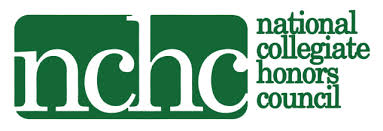The Legacy of Darwin's Great Idea
Legacy - HNRS 1120
Instructor(s): Jason Moore
Course Description
Arguably the most important scientific discovery of the last 200 years was that of evolution, the credit for which most often falls squarely on the shoulders of Charles Darwin. After 150 years of dedicated research evolution is now one of the, if not the most thoroughly tested and reliably demonstrated of scientific facts. The insights provided by the development of this discovery have not only revolutionised our understanding of biology and medicine, but have also transformed many other subject areas, including linguistics, computer science, information science, music and art. And we should all be frustratingly familiar with its influence on diseases from the appearance of new variants during the pandemic.
In this course we will learn what evolution is, the historical context behind the development of the idea (and the preceding ideas on which Darwin built his work), and how our understanding of evolution has developed since the first edition of the "Origin." We will then take this background of evolution and examine the history of some of the advances that have come about courtesy of evolutionary principles, how these ideas that developed in biology have been so successfully co-opted into other disciplines, and the causes behind the controversies that evolutionary thinking has sometimes provoked. Finally, we will look at some of the most recent developments of evolutionary biology and how they have impacted, and will continue to impact modern society. More broadly, we will use the history of evolution as a vehicle through which to understand one of the most transformative (and arguably most beneficial) human enterprises: science and the scientific method.



Social Media
For news, information, prizes and more fun stuff follow us on our social media!
Honors College Resources